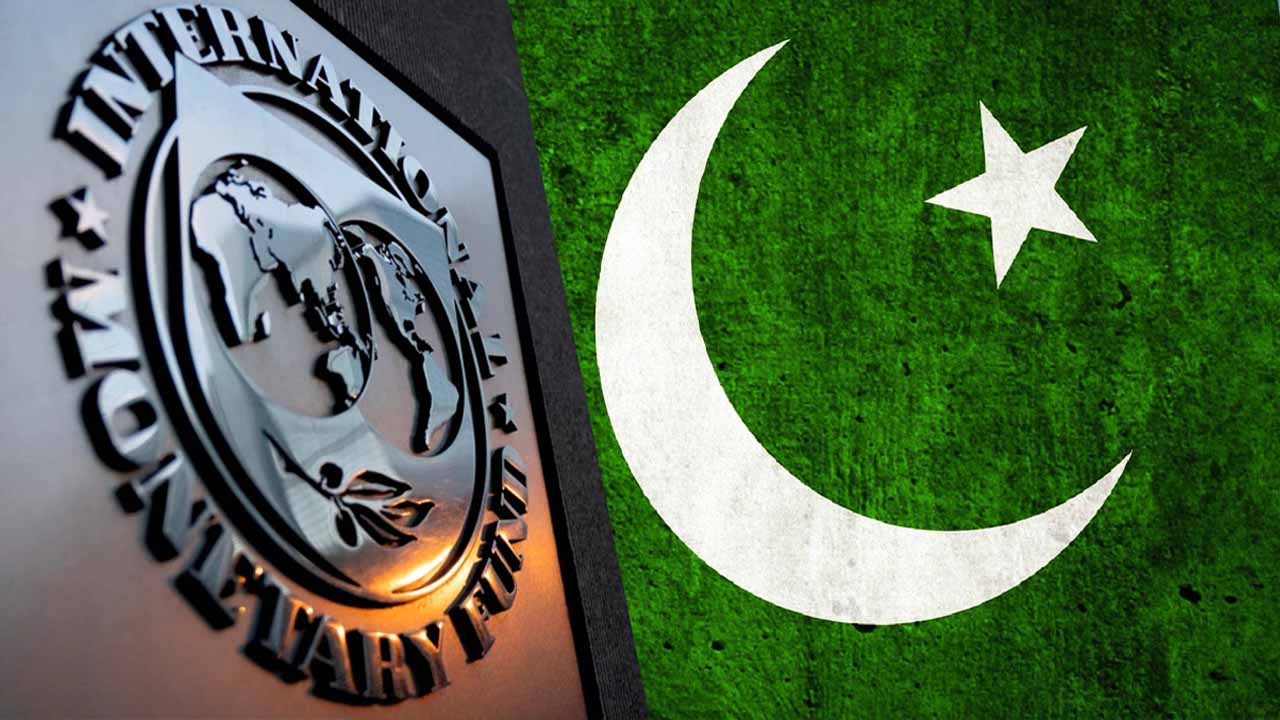Business
Pakistan is hopeful that the IMF assessment will result in a favorable outcome.
-

 Latest News2 days ago
Latest News2 days agoUnder the auspices of Ombudsman Punjab, an awareness seminar was held at the Government Mc High School in Nakana Sahib.
-

 Latest News2 days ago
Latest News2 days agoPRBC Delegation Calls PM Shehbaz: PM Directs Committee Formation to Address Retailers’ Concerns
-

 Latest News2 days ago
Latest News2 days agoRoad Extension Project: Bugti Launches Quetta Road Extension Project
-

 Latest News2 days ago
Latest News2 days agoEnhancing Pakistan-Bahrain Collaboration: Tarar Highlights Fortifying Media Connections Between Pakistan and Bahrain
-

 Latest News2 days ago
Latest News2 days agoMandi Bahauddin District Jail: MNA Launches Improvement Initiatives at Jail
-

 Latest News2 days ago
Latest News2 days agoSindh Canal System: $120 million project launched by the provincial government with WB support
-

 Latest News2 days ago
Latest News2 days agoBarrister Saif: Imran will never be involved in any deal like Nawaz
-

 Latest News2 days ago
Latest News2 days agoSenate Session: Rana Tanveer: Government Is Not Closing Utility Stores























